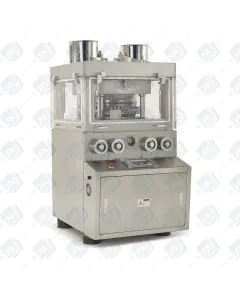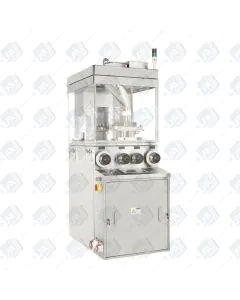Good Manufacturing Practices that any Pharmaceutical Company Should Observe
General Procedures
The following are suggested procedures that should ensure that a pharmaceutical company adheres to GMP:
- Appropriately qualified QA staff must do a inspection of the whole plant area, making sure that the facility complies with the relevant national GMP guidelines (cGMP in the USA). Checklists as provided by the company should be completed to document that this has been achieved.
- An authorised or responsible person should review the plant audit and discuss this with the person in charge of the facility after which the audit report will be closed.
- No advance permission is required for plant audit and should be carried out randomly but such that it does not disrupt production unnecessarily.
- Discrepancies where the audit fails to meet GMP guidelines can be compiled online by the production staff if necessary.
- Discrepancies except those indicated in the checklist should be reported and attached with the report.
- If non-compliance is observed during plant audit, QA Head should be informed through filing of a GMP incident report. As with a health and safety incident report, this should include:
- the number of machines used during production.
- Details of any missing controlled documents
- Unavailability of material status label (MSDS)
- The GMP incident report may include a ten digit number where:
- First 3 digits is the GMP Incidence Report GIR followed by slash
- 4th and 5th digits represent the current year with slash
- 6th,7th and 8th digits indicate aresequential number of the report
- Incidence in the GMP caused by discrepancies should be reported.
Plant Audit Inspection
The following should be observed during a plant audit inspection:
- Check the calibration status for all instruments e.g., pressure gauge, vacuum gauge, temperature indicator, online pH meter and flow meter.
- Check the preventive maintenance record for all equipment.
- The weighing balance calibration and observation should be recorded as per SOP. Check that the standard weight is calibrated by an authorized laboratory.
- Manufacturing process should be strictly followed as per the batch manufacturing record (BMR), check online for recording.
- Samples of products from different stages should be sent to QA.
- The dispensing of raw ingredients should be done as per the BMR. Check the label status of materials and that materials are located in appropriate places according to their quantity and storage condition.
- Check that status board of the equipment is updated.
- Updated usage log book for equipment.
- Manhole reactors should be covered.
- Check that items that are consumables or used in maintenance such as filter cloths, centrifuge bags and nutsche filter cloths are stored with proper identification as per the SOP.
Maintenance of Chemical and Powder Processing Area
- Check the area cleaning records as per the SOP.
- Update maintenance of air handling and filter system.
- Check that air conditioning or HVAC systems, air inlet/outlet, floor, walls and ceilings are cleaned and maintained.
- Processing area should be restricted to the personnel assigned to the operation.
- Gowning should be observed by all staff members.
- SOP should be displayed and followed.









